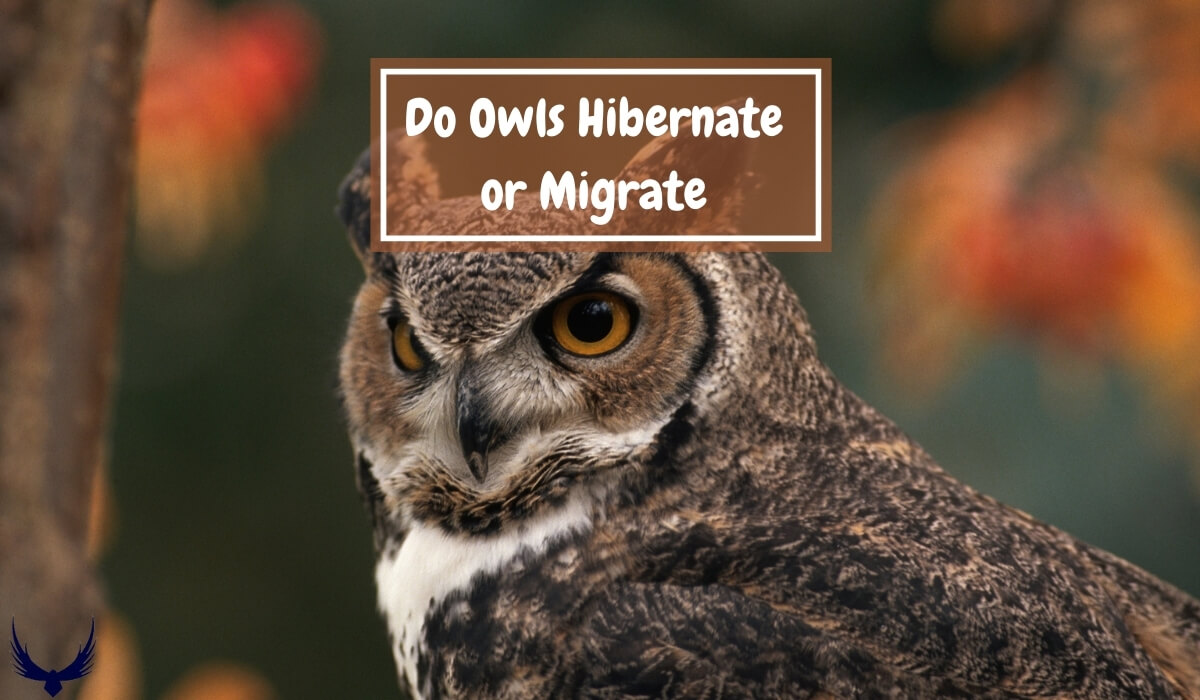Owls are fascinating birds of prey known for their silent flight, piercing eyes, and nocturnal habits. Many people wonder about how these birds survive during harsh weather conditions. A common question that arises is whether do owls hibernate like some other animals?
In this article, we’ll explore the truth about owl behavior during cold seasons and discover how these remarkable birds adapt to challenging environments.
Do Owls Hibernate in the Winter?
No, Owls do not hibernate in winter. They are active all year. Unlike some animals that hibernate to conserve energy when food is scarce, owls have adapted to survive in cold conditions.
Owl’s dense, insulating feathers provide excellent protection against low temperatures, allowing them to maintain their body temperature. Many owl species have feathered feet which further helps them stay warm in cold environments.
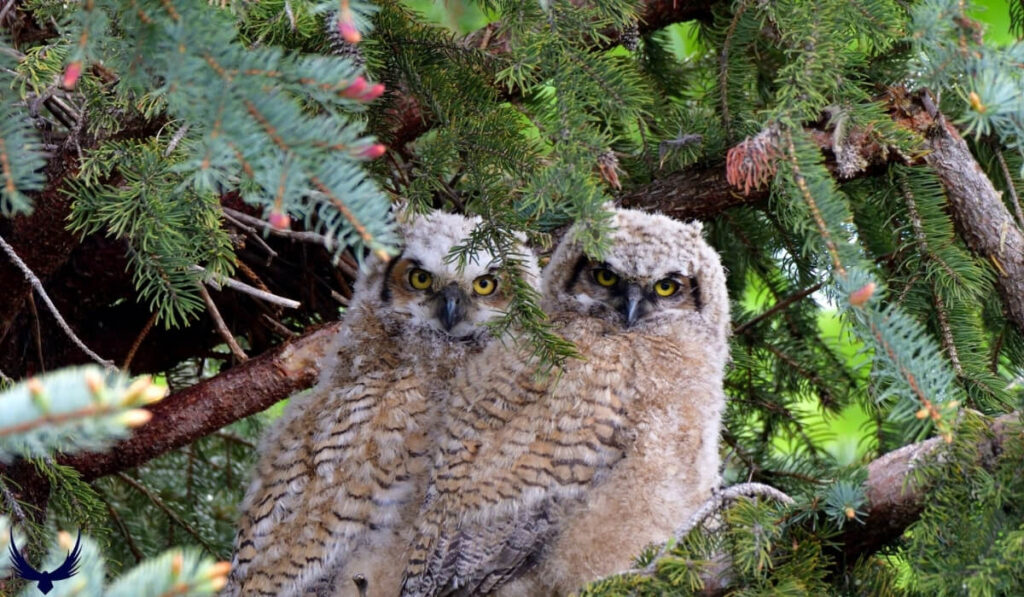
During winter, owls adjust their behavior to cope with the changing conditions. They may become more active during daylight hours to take advantage of warmer temperatures and increased prey activity.
Some owl species in northern regions may migrate short distances to areas with more abundant food sources. But most owls are residential and remain in their territories year round.
Owls’ diets include small mammals like mice, voles, and rabbits, which remain active during winter. These prey animals often create tunnels under the snow, but owls’ exceptional hearing allows them to locate them precisely.
Understanding Owl Behavior in Winter
Owls adapt to winters by following ways:
Endothermic
Owls are endothermic. They can maintain a constant body temperature regardless of external conditions. This allows them to remain active during cold winters. Their high metabolic rate produces internal heat, allowing them to withstand freezing temperatures.
Hunting Method
In winter, owls change their hunting strategies to cope with snowy landscapes. They rely on their night vision and hearing to locate prey beneath the snow.
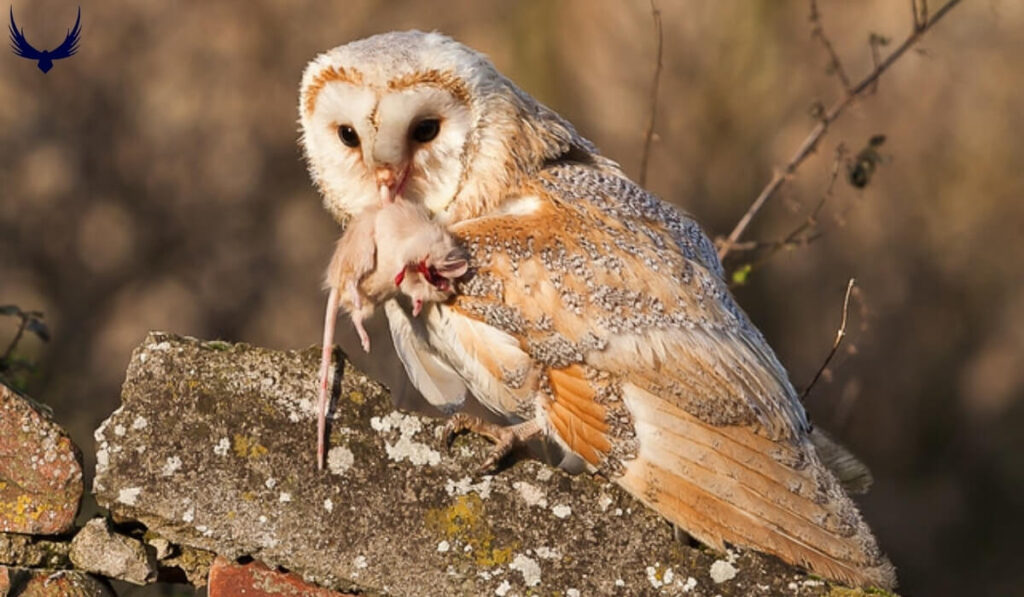
Some species, like the Great Gray Owl, can plunge through up to 18 inches of snow to capture rodents they’ve detected by sound alone.
Diet Diversity
In winter, owls may change what they eat as prey becomes harder to find. Owls that hunt small mammals might start eating more birds when rodents are not available. Some owls become more flexible and eat whatever prey they can find during the tough winter months.
Physical Adaptations
Owls have several physical adaptations that help them survive winter. Their dense, fluffy plumage provides excellent insulation against the cold. Many species have feathered legs and feet which protect against frostbite. Some owls can fluff out their feathers to trap more warm air close to their bodies.
Shelter
During bad weather, owls look for safe roosting sites. They choose thick coniferous trees that shield them from wind and snow. Owls that nest in cavities might use tree holes or empty buildings for safety. These sheltered spots help owls conserve energy during harsh conditions.
Migration
Most owl species do not migrate, but some move seasonally to find food. For example, the Snowy Owl may fly south from its Arctic breeding grounds in winter and can show up in unexpected places far from where it usually lives.
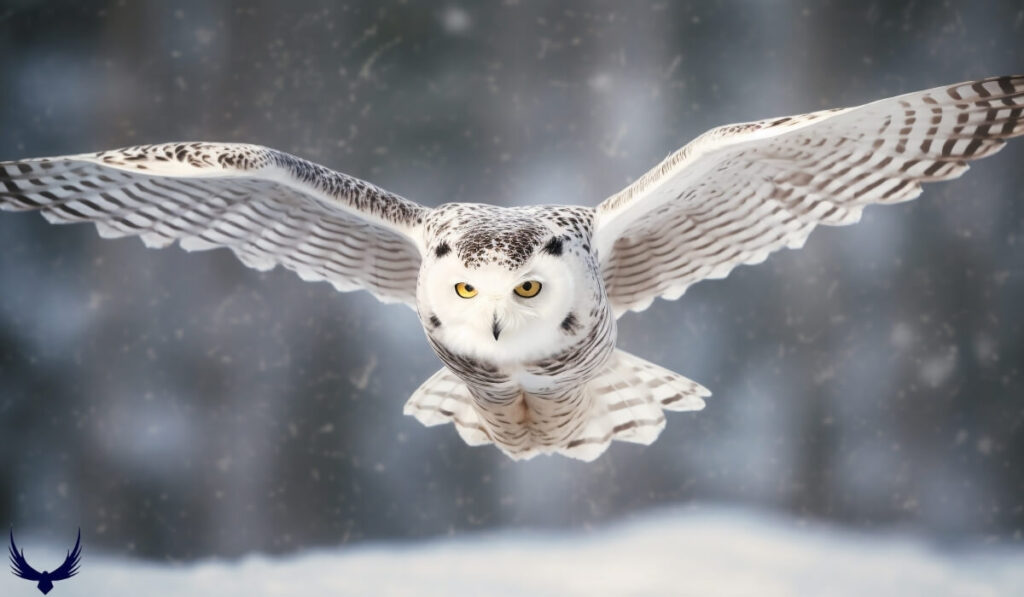
Torpor
Some owls can enter a state called torpor during extreme cold weather, which is different from true hibernation. Torpor is a temporary slowing of metabolic processes that helps conserve energy. During torpor, an owl’s body temperature and heart rate drop, but they can quickly return to normal to hunt or escape danger.
Do Owls Hibernate in Summer?
Owls do not hibernate in summer or any other season. Owls are warm-blooded and can live in different climates, so they stay active all year. In summer, they hunt, breed, and raise their young as usual.
Some owls may be less active during the hottest parts of the day and prefer to hunt in the cooler evening and night. This behavior is called aestivation, which helps them avoid heat, but it is not true hibernation. Only a few owl species in very hot areas show this behavior.
Do Burrowing Owls Hibernate?
Burrowing Owls do not hibernate. These small owls stay active all year even in winter. They might be less active in extreme weather conditions. They do not enter a state of prolonged dormancy. In colder areas, some Burrowing Owls fly south for the winter, while others stay in their territories.
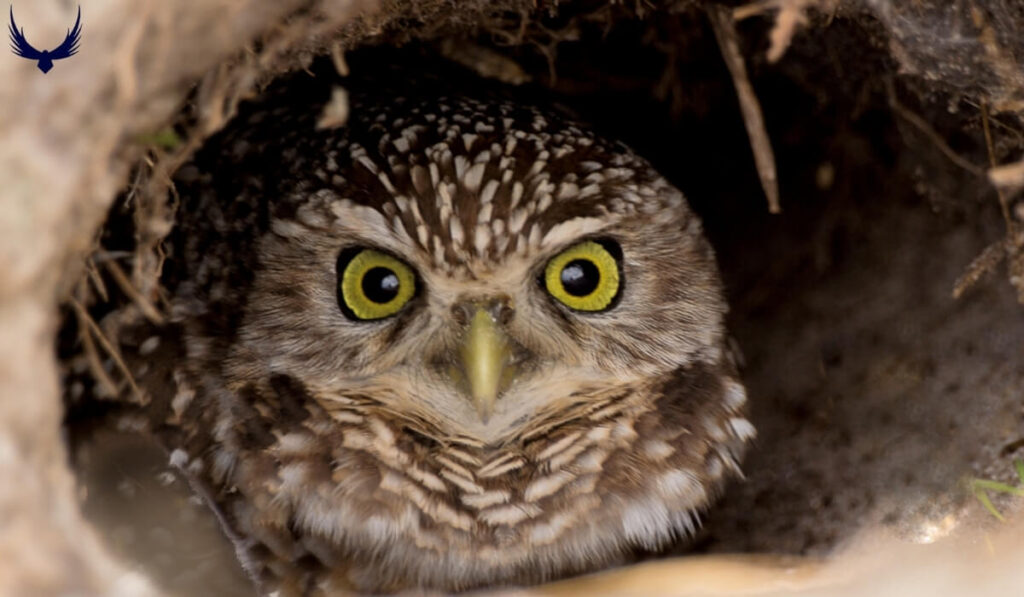
Those that remain in colder areas may spend more time in their burrows during harsh weather but continue to emerge for hunting and other activities.
Do Snowy Owls Hibernate?
Snowy Owls do not hibernate. These Arctic adapted birds remain active all year even during the harsh Arctic winters. During winter, many Snowy Owls migrate south from their Arctic breeding grounds to find food.
This nomadic behavior allows them to find areas with abundant prey, like lemmings and other small mammals rather than entering a state of hibernation.
Do Barn Owls Hibernate?
Barn Owls do not hibernate. These owls are suited for different climates and keep hunting and breeding throughout the year. During bad weather, they might find temporary shelter in barns, tree holes, or other safe spots, but they do not hibernate.
Barn Owls keep their regular metabolism and activities in every season, though they may change their hunting habits based on how much prey is available and the weather.
Do Great Horned Owls Hibernate?
Great Horned Owls do not hibernate. These strong owls stay active all year, even in winter. Great Horned Owls start their breeding season in winter and often lay eggs in January or February in many areas of North America.
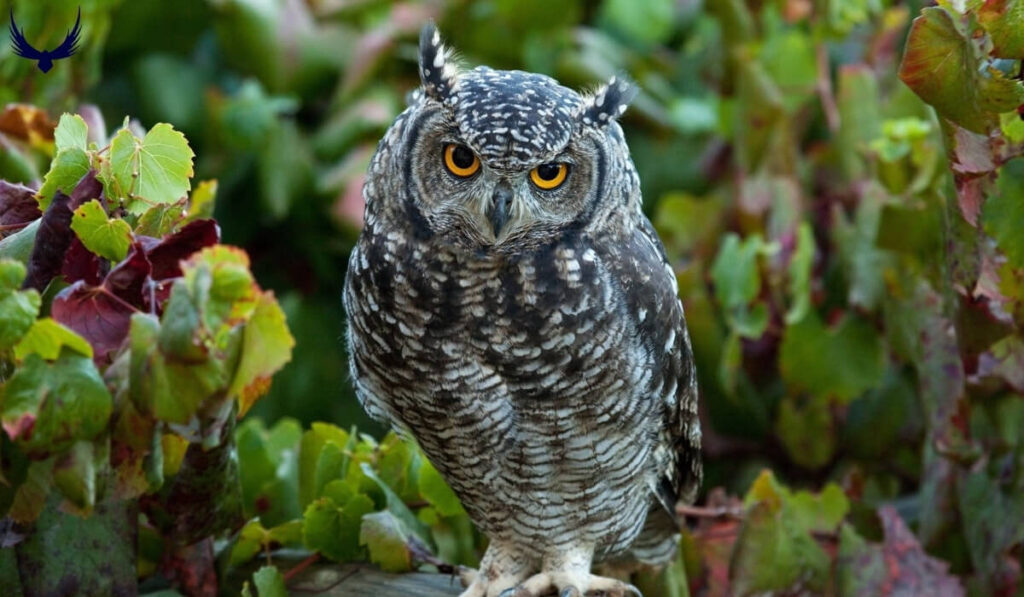
How do Owls Survive in the Winter?
Owls survive winter through a combination of physical and behavioral adaptations. Their dense, insulating feathers, including feathered legs and feet, protect them from extreme cold. Owls maintain high metabolic rates to generate body heat and can fluff out their feathers to trap warm air close to their bodies. They adapt their hunting techniques, using their exceptional hearing to locate prey under snow.
Some species may seek shelter in dense evergreens or cavities during harsh weather, while others might adjust their diets based on prey availability. Unlike some animals, owls remain active throughout winter, continuing to hunt and, for some species, even beginning their breeding season.
FAQs – Do Owls Hibernate?
Where Do Owls Hibernate?
Owls may seek shelter in dense trees, cavities, or other protected areas during severe weather instead of hibernating. They continue to hunt and maintain their normal biological functions all year.
How Long Do Owls Hibernate?
Owls do not hibernate at all. Owls are adapted to remain active year-round in various climates. They have evolved other strategies to cope with challenging weather.
How Do Owls Hibernate in Winter?
Owls do not hibernate. They have special features to handle cold weather, like thick feathers and a slight ability to slow their metabolism to save energy in extreme conditions. Owls keep hunting and defending their territories in every season, including winter.
When Do Owls Hibernate?
Owls do not hibernate at any time of the year. Owls remain active year-round. They adapt to seasonal changes by changing their hunting methods, finding suitable shelter, and sometimes migrating to places with more food.
Do Owls Migrate in the Winter?
Most owl species do not migrate in the winter. Most owls are well-adapted to cold weather and remain in their territories all year. Some owl species, such as Snowy Owls and Short-eared Owls, may undertake seasonal movements in search of better hunting grounds. These movements are irregular and depend on food availability, not on set migration patterns.

